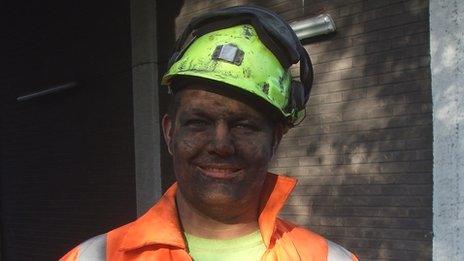Is coal the answer to the UK's energy shortage?
- Published
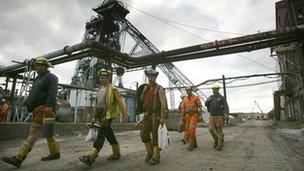
Hatfield Colliery is one of the country's remaining deep coal mines
The government may have given the go-ahead to the UK's first nuclear power station in a generation but it will be 10 years before Hinkley is helping power the country.
So for the next decade there are serious questions about how our energy needs will be met and more crucially for consumers, how the price of that energy can be kept to a minimum.
Coal has been keeping the lights on.
Although it may seem like it has had its hey-day, today it is still producing the biggest percentage of the electricity that we use, about 40%.
It is cheaper than gas and more flexible than renewables but with a number of our aging coal fired power stations shutting or reaching the end of their lives, supply is reaching a crunch point.
So could and should the government be giving serious consideration to extending the life of some of these plants in order to deal with the spectre of blackouts?
Ian Fells, emeritus professor of energy conversion at the University of Newcastle upon Tyne, said: "This government and previous governments have all been told that we were going to run into this sort of situation by 2014/2015 as various power stations, old power stations, 40-year-old stations closed down for various reasons.
"But they're not being replaced and the governments have sat on their hands and have not done anything about it and now surprise, surprise they're worried about it all."
He added: "Frankly, I think we will just have to keep coal fired power stations going and if we do that and we are breaking European rules we can be heavily fined for doing it."
Certainly the UK would not be alone in continuing to burn coal for power.
Across Europe countries like Germany and the Netherlands have built several new coal fired plants and in Germany hundreds of jobs have been created in the mining industry.
So could we see a similar resurgence in the UK's industry?
It has suffered yet more hardship this year with two more deep mines being forced to close.
Now there are only three left in the country, including Kellingley in North Yorkshire.
The pit produces 900 tonnes of coal every hour and its owner UK Coal Production has said it can continue to serve nearby power stations for decades and perhaps more importantly it believes if conditions were right they could look at re-opening some mothballed mines.
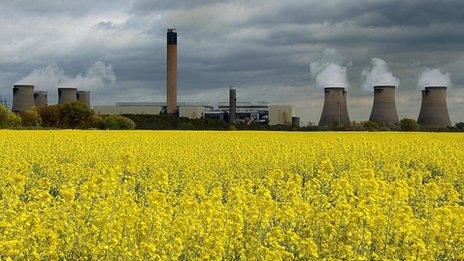
Drax has plans to build a a new coal fired plant using carbon capture and storage technology
Kevin McCullough, CEO of UK Coal Production, said: "For some of the mines that have closed, clearly they've got to the end of their economic life, however, we have within UK Coal for example Haworth Colliery which is capable of opening up.
"We're not saying the UK doesn't have to decarbonise eventually but we are saying for goodness sake take it seriously while it's here and don't let it pass away quietly."
But the government does not believe that coal is the answer.
Instead it is intending to bring several mothballed gas power stations back on line.
A spokesperson for the Department of Energy and Climate Change (DECC) said: "The lights are not going out.
"The Government, National Grid and Ofgem are taking co-ordinated action to address challenges to [the] supply."
But the wholesale cost of gas has risen by 30% in a year.
Cost-effective technology
Coal by comparison remains a much cheaper commodity particularly on the international market, helped along in part by the success of shale gas in the US.
And there are tentative strides into carbon capture technology.
At Drax in North Yorkshire, once Europe's largest coal fired power station, they are hoping to get the go-ahead to build a brand new coal fired plant where carbon emissions would be captured and fed through a pipeline out into the North Sea.
Peter Emery, from Drax, said: "We are very positive about the project, the government is positive about the project.
"I think the government can see sense in using carbon capture and storage technology because it helps transition to a fully low carbon future so if we can get the technology right then it is cost effective, renewable energy."
And that's the million dollar question, how do you strike the balance to provide the energy the country needs at a price the country can afford to pay?
See more on Inside Out Yorkshire and Lincolnshire on Monday 21 October on BBC One at 19:30 GMT.
- Published21 October 2013
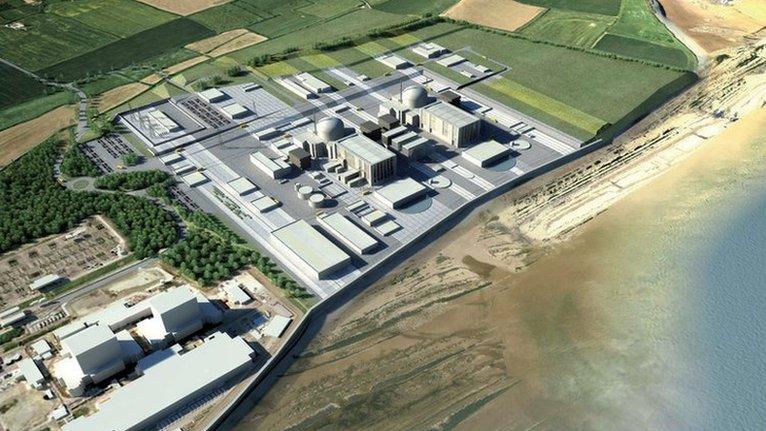
- Published27 March 2014
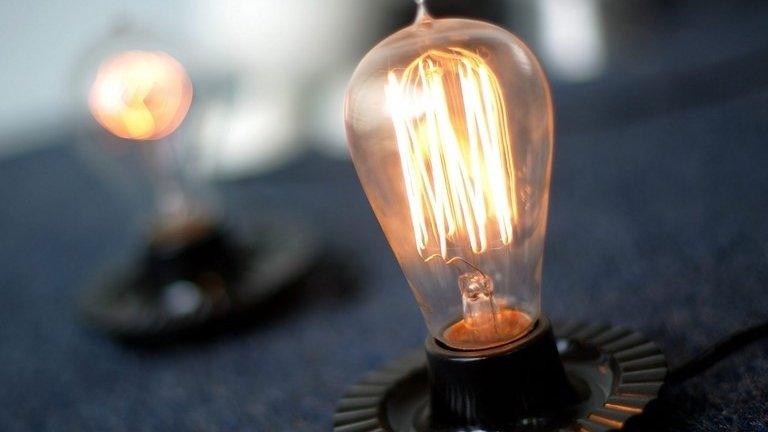
- Published29 November 2012
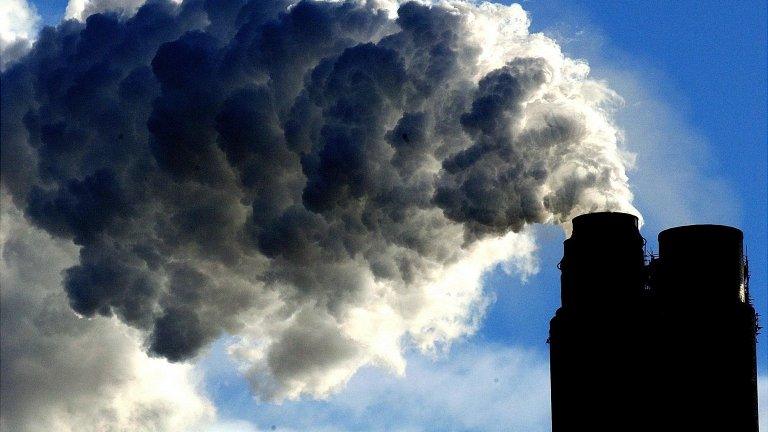
- Published8 March 2013
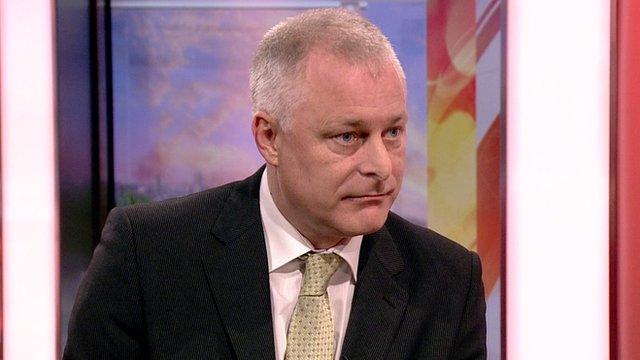
- Published22 November 2012

- Published29 February 2012
